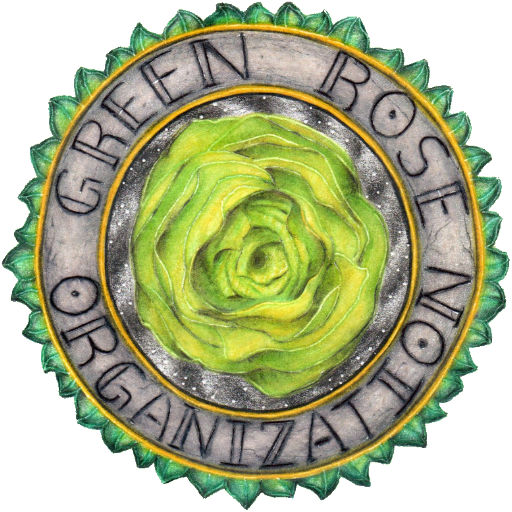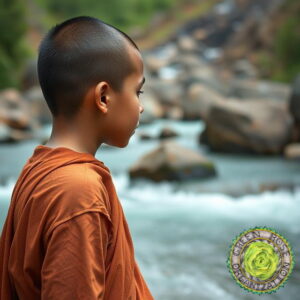Doctrine of Universal Rights
The Doctrine of Universal Rights is a comprehensive framework designed to ensure the dignity, freedom, and well-being of all individuals. It encompasses the following key principles:
- Right to Life: Every individual has the inherent right to life, which must be protected by law. This includes the right to live free from violence, oppression, and discrimination.
- Right to Liberty: Individuals have the right to personal freedom and autonomy, including the freedom to make choices about their own lives, bodies, and beliefs.
- Right to Equality: All individuals are equal before the law and are entitled to equal protection and benefit of the law without discrimination based on race, gender, sexual orientation, religion, or any other status.
- Right to Privacy: Every person has the right to privacy in their personal and family life, home, and correspondence, free from arbitrary interference.
- Right to Freedom of Thought and Expression: Individuals have the right to hold opinions, express themselves freely, and seek, receive, and impart information and ideas without fear of censorship or retaliation.
- Right to Freedom of Assembly and Association: People have the right to gather peacefully and associate with others, including the right to form and join trade unions and other organizations.
- Right to Education: Every individual has the right to access quality education that promotes personal development, critical thinking, and respect for human rights.
- Right to Health: Individuals have the right to access healthcare services, including mental health support, and to live in an environment conducive to good health.
- Right to Work: Everyone has the right to work, to choose their employment freely, and to receive fair wages and safe working conditions.
- Right to Cultural Participation: Individuals have the right to participate in cultural life, enjoy the benefits of scientific progress, and contribute to the cultural heritage of their community.
- Right to Environmental Protection: Every person has the right to a healthy environment, and it is the responsibility of governments to protect natural resources and promote sustainability.
- Right to Peace: Individuals have the right to live in peace, free from war, conflict, and oppression, and to seek peaceful resolutions to disputes.
- Right to Justice: Everyone has the right to a fair trial and access to justice, including legal representation and the presumption of innocence until proven guilty.
- Right to Self-Determination: Peoples have the right to determine their political status and pursue their economic, social, and cultural development.
- Right to Compassion and Support: Individuals have the right to receive support and compassion in times of need, including social safety nets and community assistance.
This doctrine aims to create a society where all individuals can thrive, fostering a culture of respect, understanding, and cooperation. It serves as a guiding principle for laws, policies, and practices that uphold human dignity and promote the common good.




